This book starts with a Chinese boy so privileged and pampered that, at 21, he can’t open his own suitcase, let alone unpack it. It closes at the opposite end of the social scale with a small girl squatting on a plank over a village cesspit, watching the maggots seething and squirming far below as they struggle to climb the sides of the pit towards the light.
The cesspit was the only place where a child of five could find refuge from back-breaking labour in the fields. ‘Granny said girls who don’t work get no food,’ she tells Xinran, who meets her two decades later as a student working for her doctorate in Europe. She says that the cesspit maggots, endlessly crawling up and nearly always falling back, remained for her ever afterwards an indomitable image of perseverance, courage and hope.
Both boy and girl are only children. Both belong to the tidal wave of students spilling out of China around the turn of the millennium, the first few generations of only children, all of them much cherished and relatively affluent, a phenomenon without precedent in their own country or anywhere else. They belong to the future but they come dragging with them long black shadows from the past. In a continent in flux, where everything around them changes almost daily with alarming finality and at inconceivable speed, they find few viable signposts or guidelines.
Statistics tell a sombre story. In just over 40 years since the one-child policy was implemented, the birth rate has gone down in China by 400 million. By 2020-25 there will be 30 million more men than women. Unwanted — female or otherwise inferior — babies are still strangled or drowned at birth by their own mothers, according to ancestral custom, an unchanging rule-of-thumb from a village world where for thousands of years infanticide has been standard practice, ‘just another woman’s task, and part of good housekeeping skills’.
The gulf between the present and the past is hard, if not impossible, to bridge. A younger generation embodying the traditional hopes and dreams of parents and grandparents has been narrowed down in each case to a single infant, born to fulfil impossible expectations. Only children bear the burden of responsibility not only for themselves and for their elders, but for all the brothers and sisters who had no life so that they might live. Unspoken, unexplored and undigested experience weighs heavy on them. ‘We are different from other people…,’ one of them explains to Xinran, ‘we who were born and grew up alone.’
Realistically speaking, the practicalities of their new role have yet to be worked out. Many only children know nothing beyond how to study, eat and sleep. Infants who never learned to play or, if they did, only by themselves alone in secret, lack even rudimentary social skills. They have no older models, no points of comparison, and extremely limited means of dealing with other people. One girl reports that her parents were so afraid of kidnappers — a tangible bugbear standing in for all the other nameless forms of potential contamination by the outside world — that she dared not leave the house except in term-time.
Another girl had never stepped inside a kitchen. Only children are infinitely precious and utterly dependent. More often than not they leave home with none of the tools of basic survival, not knowing how to cook or clean or wash their clothes. ‘How could we?’ asks one boy, describing the consuming fear implanted by protective parents: ‘They’re afraid of us touching the hob or even using knives!’
One of these delicate and sheltered beings was Yao Jiaxan, famous as ‘Yao Eight Knives’, a brilliant young pianist, reared so carefully that he had never so much as touched a knife, not even to peel fruit, until one day in October 2010 he drove his car into a passer-by and was so afraid she might contact the police that he killed her with eight stabs from a fruit knife. The case caused nationwide controversy in China. Parents and children were appalled. Most called for Yao’s execution — which was carried out on 7 June 2011. Others argued against it on the grounds that his highly cultivated gifts made him far more valuable than an uneducated peasant who happened to be passing. All saw him as ‘the very image of a tortured mind’, callous emblem of a generation reared without humanity to consider nothing and nobody but themselves.
Similar if less drastic responses lie behind the reluctance of growing numbers of Chinese only children to become parents themselves, because they see an intrusive new life as a threat to — rather than a completion of — their own happiness.
These are the kind of choices that confront us all in a world increasingly ruled by forces that set little or no store by individual lives or values. Xinran tells the stories of a dozen or so young people finding resourceful and ingenious solutions to a universal dilemma presented perhaps more sharply, and sooner, in China than elsewhere. Buy Me the Sky carries a parable, even a warning for the western reader, embedded in an absorbing, often startling, always persuasive exploration of contemporary China.
In an earlier version of this article, the reviewer incorrectly stated that China has ’30 times more men than women’. The piece has been amended.
Got something to add? Join the discussion and comment below.
Get 10 issues for just $10
Subscribe to The Spectator Australia today for the next 10 magazine issues, plus full online access, for just $10.
Available from the Spectator Bookshop, £16.50 Tel: 08430 600033
You might disagree with half of it, but you’ll enjoy reading all of it. Try your first month for free, then just $2 a week for the remainder of your first year.

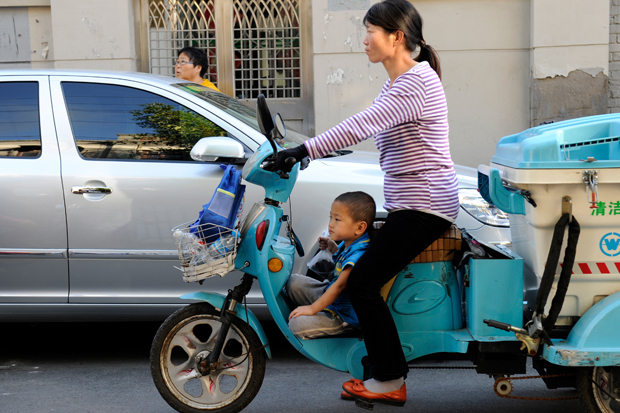
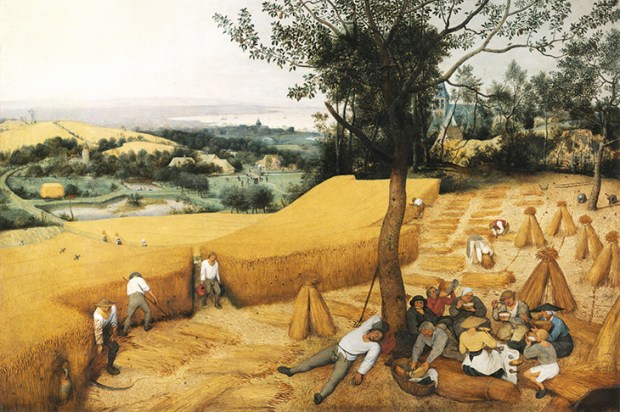
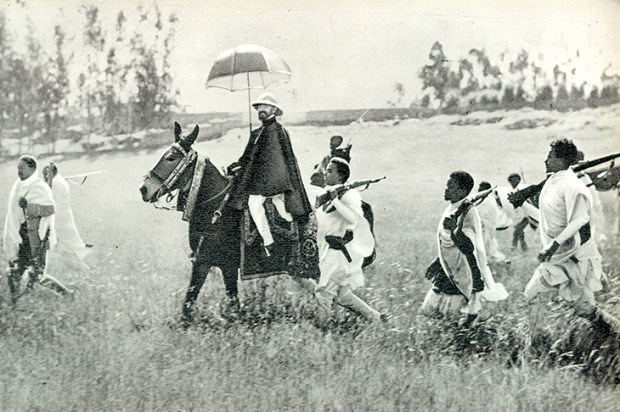
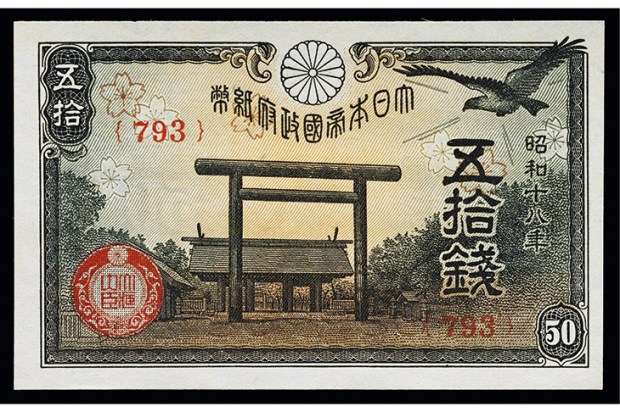

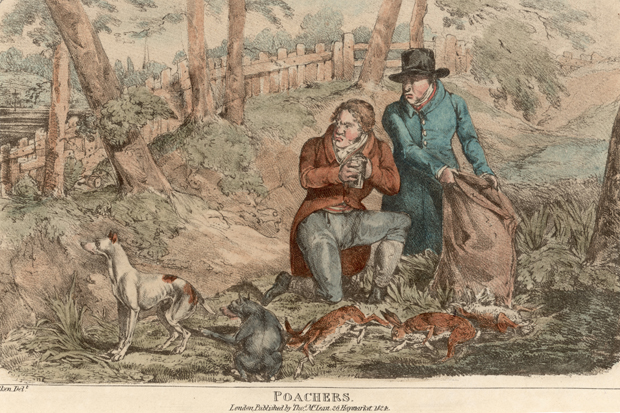







Comments
Don't miss out
Join the conversation with other Spectator Australia readers. Subscribe to leave a comment.
SUBSCRIBEAlready a subscriber? Log in